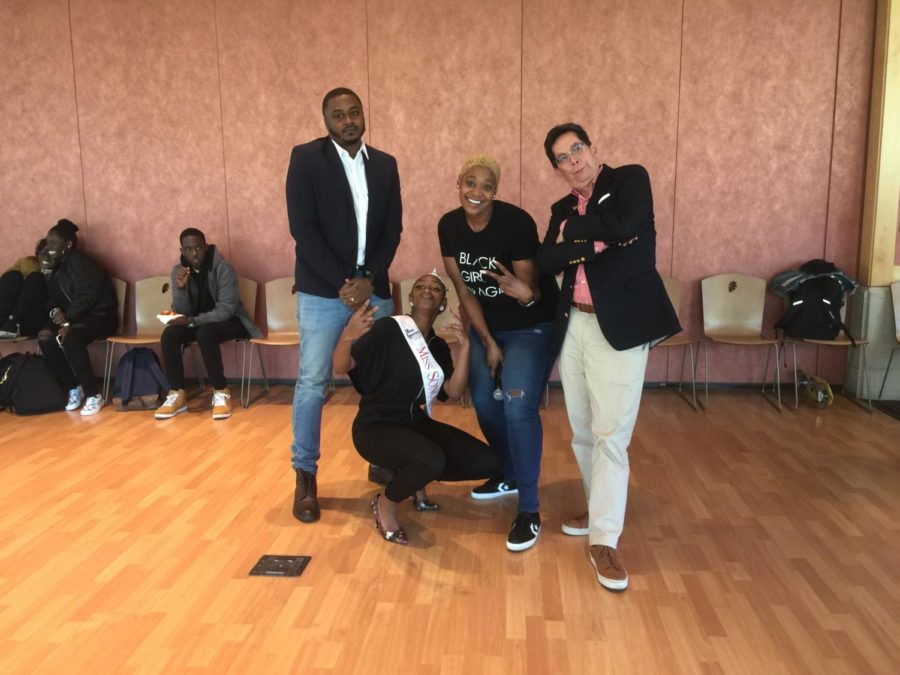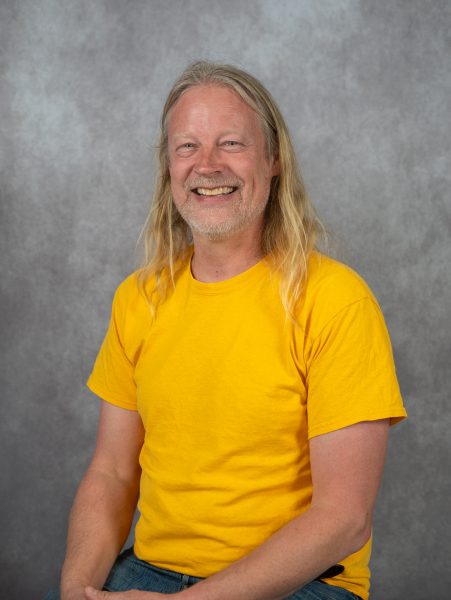Dr. Frank Chong, President of Santa Rosa Junior College, stressed the importance of learning about one’s cultural identity during the “Porch Talk with the President” held at noon on Feb. 5 at the Girvin Family Student Activities Center.
“Without diversity, there is no excellence,” he said to the 50-or-so mostly African-American students and faculty attending the Black History Month event.
Chong learned about his own cultural heritage while studying Asian-American, Chicano, Latino and African-American studies at UC Berkeley.
Students and faculty at the event engaged in “open and truthful dialogue” as they voiced their opinions on the Black experience at SRJC into a microphone passed around the room.
Topics included the need for a scholarship for black students, mentorship and more inclusiveness training for SRJC faculty and staff.
While Chong responded to some questions the audience posed, “leading by listening” was more in keeping with his style.
“I’m not here to argue your points,” he repeatedly stressed. “I’m here to find a way to give you what you as African-American students at this school need.”
Byron Reaves, coordinator of student success programs at the Petaluma campus, spoke about the need for more African-American studies classes and identity training.
More than one attendee commented on the fact that this was the largest number of African-Americans they’d ever seen together in a single room at SRJC.
When pressed on the low number of black faculty and staff at SRJC — which stands at 30 according to Cece Jones, president of classified senate and adjunct faculty in the computer studies department — Chong cited the low number of African-Americans in the Santa Rosa/Sonoma County community.
“It’s actually a cultural thing. It’s not like we don’t want African-Americans. It’s, how do we attract and recruit black faculty?” Chong said.
Jones agreed. “Sonoma County, as a whole, has very little to offer the African-American population. You have to ask yourselves, what does Sonoma County have culturally to lend itself to someone African-American from the Bay Area or the East Coast to come here?”
By the end of the session, almost half the people present had a chance to speak their truths into the microphone.
Reaves summed the event up with the words, “We just want to be heard sometimes. This is the month to do that.”
“Visit the SRJC website for information on more Black History Month events. “




